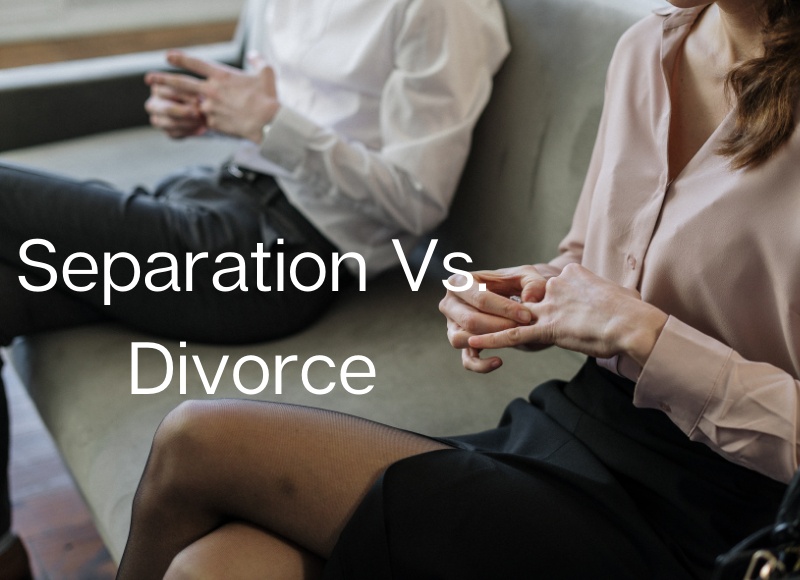Should I Separate From My Spouse?
Separation is a kind of marital purgatory: You’re not divorced, but you’re not living as a married couple. For the indecisive, it seems like the more comfortable choice.
Separation is not always the helpful answer.
Granted, separation sometimes brings clarity. Other times, it hurries divorce. In fact, 80 percent of marital separations end in divorce. (This blog post does not substitute for legal advice or therapy from a licensed professional. If you need advice contact, someone.)

Separation and Safety
If your spouse is violent, separate as soon as possible. The choice is out of your hands–especially if you have children. By law, if you do not report any violence toward your child, you could possibly lose custody–regardless of your innocence of abuse.
Separation and Decision-Making
If you’ve secured another place to live, most likely you’ve already thought long and hard about the choice. You may have been mentally drafting your divorce for some time. The physical distance might be your way of getting the courage to move forward; it also might be your way of getting your spouse’s attention.
Without the daily rituals and regular conflicts, you may find room to put those drafts into action. You may not be feeling charmed by the pieces of your marriage that still warm your heart. In addition, you may also be feeling more relaxed in the absence of fighting.
On the other hand, the idea that absence makes the heart grow found may make you minimize the problems in your marriage. The issues may appear smaller. You may give the marriage another go.
If you are committed to saving your marriage, separation most often does NOT help the healing. Unless you are being abused emotionally, physically, or psychologically, living under the same roof is important.
Consider how the separation would affect future decisions about custody.
If you have children, speak to a lawyer about whether your choice to leave for a trial separation would affect custody if you were to divorce. One possibility is for both parents to write and sign a parenting agreement to show commitment to equal parenting.
Purposeful Separation
If separation is your choice, set boundaries and expectations. Make your purpose known. If the intent is to springboard into divorce, be clear about it. If you want to gain understanding, i.e, you simply don’t know what to do yet, say so.
Choose if you will have face time with your spouse while you apart. Where will you meet and how often? What will those meetings be like? Communicate how receptive you will be to texting, social media contact, and messages through friends.
And lastly, make a commitment to how long you will let the separation last. Without an end date, you may linger in relational purgatory, which can increase any anxiety or mental health problems.

